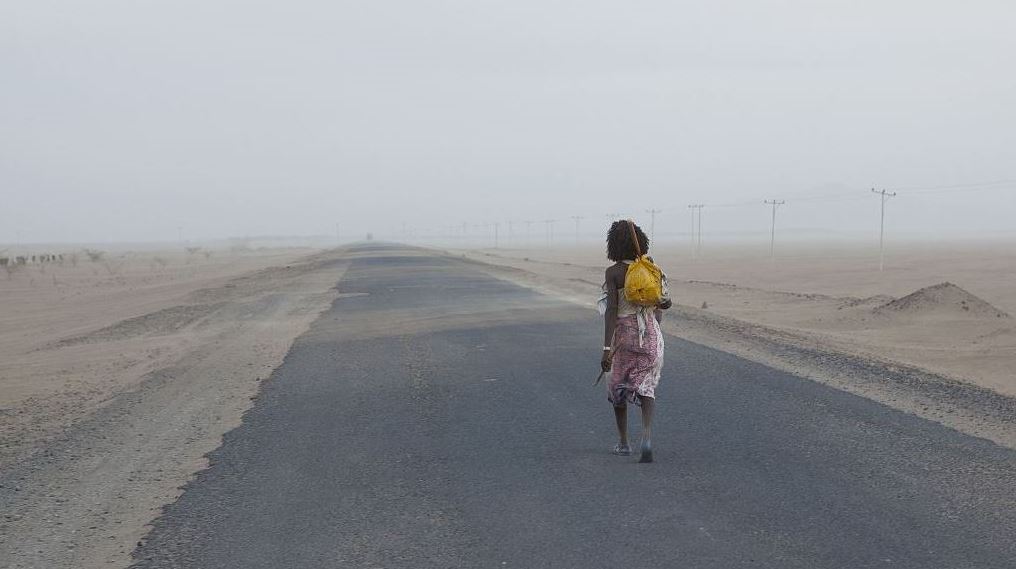Children in the Horn of Africa and the Sahel could die in devastating numbers unless urgent support is provided, as severe malnutrition and the risk of water-borne disease collide, the United Nations Children's Fund warns.

UNICEF data indicates that the number of drought-hit people in Ethiopia, Kenya and Somalia without reliable access to safe water rose from 9.5 million in February to 16.2 million in July. (Photo: CFP)
UNICEF Executive Director Catherine Russell noted that the continent could experience more crises as water problems compound already existing challenges.
"History shows that when high levels of severe acute malnutrition in children combine with deadly outbreaks of diseases like cholera or diarrhoea, child mortality rises dramatically – and tragically. When water either isn't available or is unsafe, the risks to children multiply exponentially," said Russell. "Across the Horn of Africa and the Sahel, millions of children are just one disease away from catastrophe."
Russell's warning comes as the world begins commemorating World Water Week 2022, which started on Tuesday and will run until September 1.
World Water Week, held every year since 1991, is the leading conference on global water issues.
It attracts a diverse mix of participants from many professional backgrounds and every corner of the world for discussions aimed at developing solutions to the planet's greatest water-related challenges, such as poverty, the climate crisis, and biodiversity loss.
UNICEF data indicates that the number of drought-hit people in Ethiopia, Kenya and Somalia without reliable access to safe water rose from 9.5 million in February to 16.2 million in July, putting children and their families in increased danger of contracting illnesses like cholera and diarrhoea.
The agency also noted that in the Sahel, water availability has also dropped by more than 40 percent in the last 20 years due to climate change and complex factors such as conflict, putting millions of children and families at increased risk of waterborne diseases.
Just last year, West and Central Africa marked the region's worst cholera outbreak in the last six years, including 5,610 cases and 170 deaths in Central Sahel.
"Imagine having to choose between buying bread or buying water for a hungry, thirsty child who is already sick, or between watching your child suffer from extreme thirst or letting them drink contaminated water that can cause killer diseases," said Russell. "Families across drought-impacted regions are being forced into impossible choices. The only way to stop this crisis is for governments, donors, and the international community to step up funding to meet children's most acute needs, and provide long-term flexible support to break the cycle of crisis."


